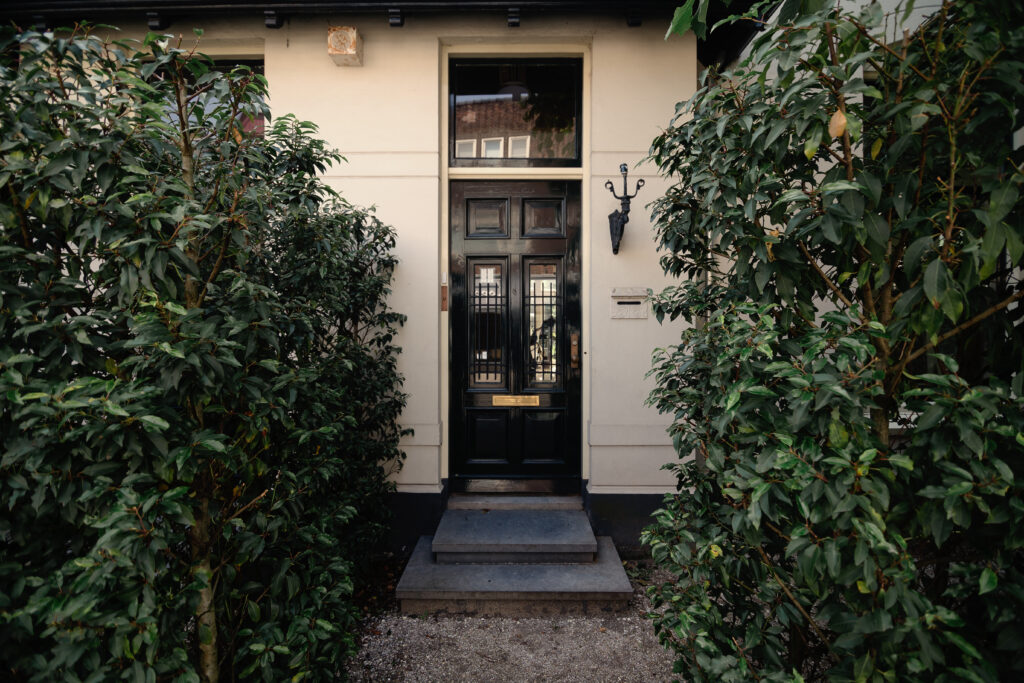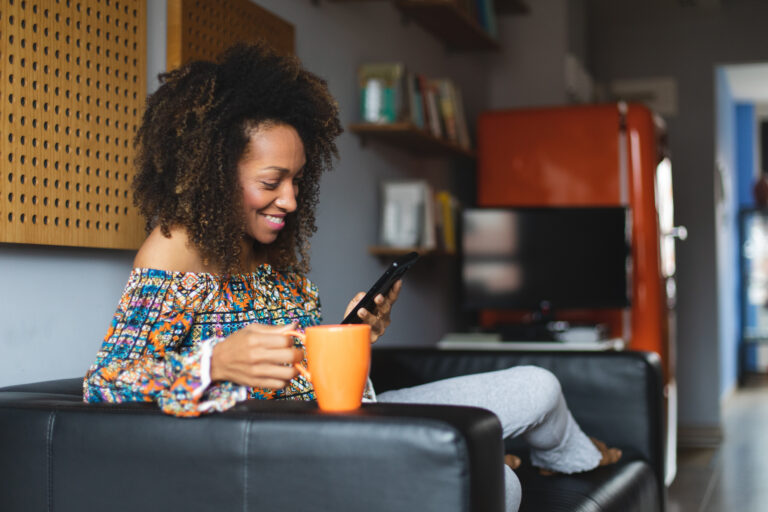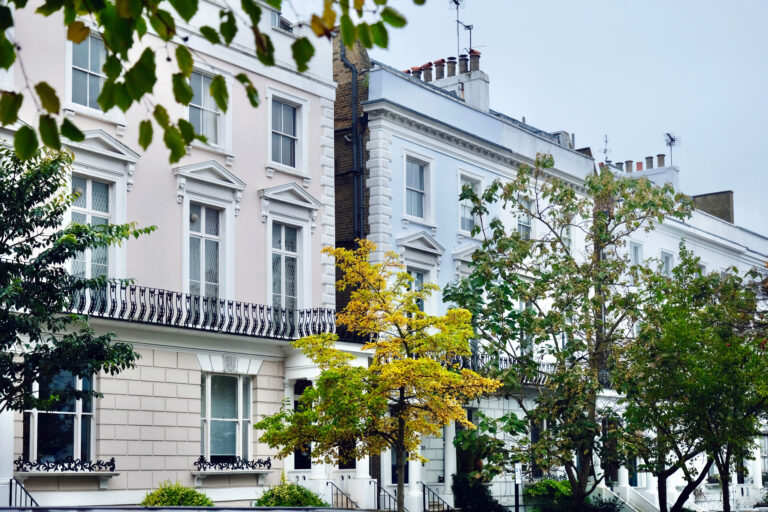Every property is either a freehold or leasehold. It doesn’t refer to the property itself but rather the land it sits on; you can own your house outright and still have a leasehold property. It’s a complicated subject, but well worth understanding as this will affect every home you live in.
Here’s a rundown of everything you need to know about the difference between freehold and leasehold property.
What is a freehold property?
If your property is freehold, that means you own the land that it sits on.
Freehold is more common in older houses with flats and new build properties often being leasehold.
How to find out if a property is a freehold
Properties are often advertised as either freehold or leasehold, so the first port of call is to check with the estate agent.
If the estate agent doesn’t know, you can do a quick search on the Land Registry website to find out basic details. For a small fee (less than £10), you can unlock more information that explains when the start date, duration of the lease and the title ID.
If you progress with purchasing a property, your solicitor will be able to uncover more information about the nature of the land ownership and highlight any causes for concern.
How to buy a freehold
You can ask the freehold owner to sell to you at any time. If you live a block of flats, you can buy a portion of the freehold, whereas if you live in a house you can buy the whole thing.
The legal steps involved also depend on whether you live in a flat or a house. Leaseholders in flats can club together under collective enfranchisement to buy the freehold for fair market value.
If you own a house, you an informally approach the freeholder and open negotiations or, assuming you meet the right legal criteria; you can go the formal route. The formal option has strict legal time frames that must be adhered to and can be costly.
The total cost of buying a freehold depends on a number of factors including the value of your property, conditions of the lease, and the duration of the term. There’s not a set framework to calculate this but a freehold does become much more expensive if there are fewer than 80 years left on the lease.
Buying a freehold isn’t always a straightforward process. The Leasehold Advisory Service has loads more information about how you can buy your freehold.
How much does freehold add to house price?
According to surveyors, owning a freehold adds 1% onto the value of a flat when compared against a similar property.
But the increase in property value isn’t always necessarily a persuasive factor. Owning your freehold (especially if you live in a flat) can cut your other bills such as service charge, ground rent and insurance, leaving you with more accessible money in your pocket.
If you live in a flat you can also explore the ‘right to manage’ which means that you and your fellow tenants will act as the property managers. So if you’ve got a broken lift that’s been in dire need of repair for years, this is a reasonable option.
How does leasehold work?
Leasehold means that you effectively rent the land from the freeholder for a fixed period of time, usually up to 999 years. If your property is leasehold, then you will pay yearly ground rent.
Some mortgage lenders won’t lend if the leasehold contract is close to running out, as this can affect the ground rent you pay and, in extreme cases, may make your mortgage unaffordable.
Who owns my leasehold?
To find out who owns your leasehold, you will need to search the Title Register on the government’s website. As of 2020, this costs only £3 to do.
This may also be something your solicitor can uncover when you buy the property and are drawing up contracts.
How much to buy leasehold?
As we’ve already mentioned, there’s no set formula for how much it will cost to buy a leasehold. The value of your property, duration left on the lease and terms of the lease can all impact the final price tag of your leasehold.
Looking for a freehold property? Get in touch with your local Hunters branch today to find out how we can help.




